2013 in review: 10 most significant events in Serbia
This is a list of the ten most significant political and social events in Serbia in the past year, as selected by the Beta news agency.
Wednesday, 01.01.2014.
13:11

BELGRADE This is a list of the ten most significant political and social events in Serbia in the past year, as selected by the Beta news agency. 2013 in review: 10 most significant events in Serbia 1. On December 20 Serbia received the date for the opening of negotiations on EU membership, and the first intergovernmental conference to officially start the talks, will be held on January 21. This decision was made in principle in June, nearly 16 months after Serbia received the candidate status. The assessment of Brussels and the member states, especially Germany, about the progress in relations with Pristina was critical for the final decision. After eight years of negotiating, the agreement between Serbia and the EU on Stabilization and Association (SAA) came into force in September. With this Serbia was given the status of a state associated with the EU, which marks the closest ties a country can have with the organization without being a member. (Beta/AP, file) 2. By electing 11 new ministers, the Serbian parliament in early September ended the process of the government reshuffle, 13 months after the cabinet of Prime Minister Ivica Dacic was originally put together. At the proposal of Dacic, the new government was formed without ministers from the United Regions of Serbia (URS). Dacic in late July dismissed Minister of Finance and Economy Mladjan Dinkic, after which the other two ministers from the party, Suzana Grubjesic and Verica Kalanovic, left as well. The new government has 21 members. Three new advisers have also been appointed - former IMF Director Dominique Strauss-Khan, former Austrian Chancellor Alfred Gusenbauer, and former Italian Minister of Foreign Affairs Franco Frattini. (Tanjug, file) 3. This year's enrollement of new high school students was marked by an incident when tests were stolen from a printing shop, resulting in the annulment of the final exam. Instead of relying on the results of the tests, high schools enrolled students only on the basis of their primary school grades. Four people, including a worker in the printing shop for the Official Gazette, have been charged in the case. The issue of responsibility of then Minister of Education Zarko Obradovic was brought up in the wake of the affair. Obradovic later lost his job during the cabinet reshuffle. (Tanjug, file) 4. Serbian President Tomislav Nikolic expressed his regret at the end of April because of the crimes committed against Bosniaks. During an interview for the Bosnia-based BHT1 TV, he apologized to the citizens of Bosnia-Herzegovina "because of all the crimes committed by Serbs from his country during the war." "I kneel and ask for pardon for Serbia for the crime that was committed in Srebrenica. I apologize for the crimes committed in the name of our country and our people by any individual from our nation," Nikolic said. He said that "everything that happened during the war in the former Yugoslavia has the characteristics of genocide." (Tanjug, file) 5. The trial of Delta Holding owner Miroslav Miskovic began in November before the Special Court for Organized Crime in Belgrade. Miskovic and ten other defendants pleaded not guilty and rejected the charges against them. The prosecution said that from 2005 until 2010, they illegally siphoned off money from road construction companies and evaded taxes, damaging in the process the companies for RSD 16.95 billion, and the Serbian budget for a further 472 million. The trial is monitored by observers from the U.S., Britain, Canada, Belgium and Germany. In July, after seven months in custody, Miskovic was released on bail after his company paid EUR 12 million. (Tanjug, file) 6. In April, Serbia was shocked by a mass murder committed in the village of Velika Ivanca, near Mladenovac. A local man, identified as Ljubisa Bogdanovic (60), shot and killed 13 people, among them his son, relatives and neighbors. The victims included two young parents and their child. The killer then tried to commit suicide, and died of his wounds several days later. The government declared April 10 a day of mourning. The media proceeded to speculate for days about the motive for the crime. The Association of Journalists of Serbia reacted, warning that the reporting about the mass murder had led to a serious violation of the Code of Journalists. (Tanjug, file) 7. After ten rounds of negotiations, top officials from Belgrade and Pristina on April 19 in Brussels initialed an agreement on normalization of relations between the two sides, which enabled both Serbia and Kosovo the continuation of European integration. The agreement was initialed by Ivica Dacic and Hashim Thaci in the presence of EU High Representative Catherine Ashton. The document refers to several areas - joint control of administrative crossings, the judiciary and the police, telecommunications, and energy. Serbian officials said afterwards that they received assurances from NATO that the Kosovo Security Force will not be present in northern Kosovo, where Serbs are the majority. Two days later Serbs held a rally in northern Kosovska Mitrovica, saying they will not allow the implementation of the agreement, but a portion of the local government structures - primarily those from the SNS and SPS parties - changed their mind and began to implement the deal. Smaller protests were also held in Belgrade, organized by the opposition Democratic Party of Serbia. Based on the Brussels agreement local elections were held in northern Kosovo based on Kosovo laws for the first time since 1999. (EU, file) 8. Jovanka Broz, the widow of lifelong president of the Socialist Federal Republic of Yugoslavia Josip Broz Tito, died on October 20 in Belgrade. Local and foreign media agreed in their reports that the passing marked the end of an era. Almost all media outlets from Serbia and the former Yugoslav republics covered the funeral, with 42 media teams arriving from other countries. Despite the funeral being attended by some 10,000 people, who heard praises and eulogies, and honor guards present, this could not conceal the fact that the former first lady of Yugoslavia had spent the last three decades of her life in very difficult conditions, without personal documents, residing in a house that did not match her status, both as a WW2 Partisan movement veteran, and the historic role she played as the president's wife. In addition, on the eve of Broz's funeral, thieves stole her war and peace-time decorations and medals. By her own choice, Jovanka Broz was buried in the "House of Flowers" mausoleum in Belgrade, near Josip Broz. (Tanjug, file) 9. The Serbian government on November 18 appointed members of the Interim Council of Belgrade, who will manage the capital city until early elections, expected to be held in mid-March. On September 24 Mayor Dragan Djilas was voted out of office. Djilas, who also heads the DS party, was dismissed with the votes of SNS and DSS councilors, but also with the help of his former political allies from the Socialist Party of Serbia and the Party of United Pensioners of Serbia. (Beta, file) 10. The Constitutional Court of Serbia in early December declared some provisions of the Statute of the Province of Vojvodina unconstitutional, and gave the provincial assemly and the Serbian parliament six months to bring the legal act in line with the Constitution. Heads of the provincial assembly and government, Istvan Pastor and Bojan Pajtic, said they would do everything to comply, and pledged to work with state-level authorities. Pastor also noted in his reaction that it was necessary to, parallel with the process, developm legislation on the competencies of Vojvodina, as well as the law on the financing of the province, awaited since 2008. The Progressives (SNS) and the Democratic Party of Serbia (DSS) said the Constitutional Court's ruling was yet more proof that provincial authorities "had lost their legitimacy." (Beta, file) Beta
2013 in review: 10 most significant events in Serbia
1. On December 20 Serbia received the date for the opening of negotiations on EU membership, and the first intergovernmental conference to officially start the talks, will be held on January 21. This decision was made in principle in June, nearly 16 months after Serbia received the candidate status. The assessment of Brussels and the member states, especially Germany, about the progress in relations with Priština was critical for the final decision. After eight years of negotiating, the agreement between Serbia and the EU on Stabilization and Association (SAA) came into force in September. With this Serbia was given the status of a state associated with the EU, which marks the closest ties a country can have with the organization without being a member.


"I kneel and ask for pardon for Serbia for the crime that was committed in Srebrenica. I apologize for the crimes committed in the name of our country and our people by any individual from our nation," Nikolić said. He said that "everything that happened during the war in the former Yugoslavia has the characteristics of genocide."












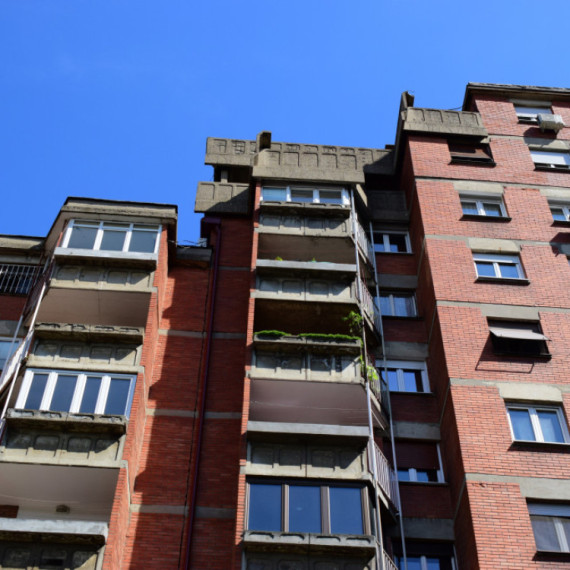



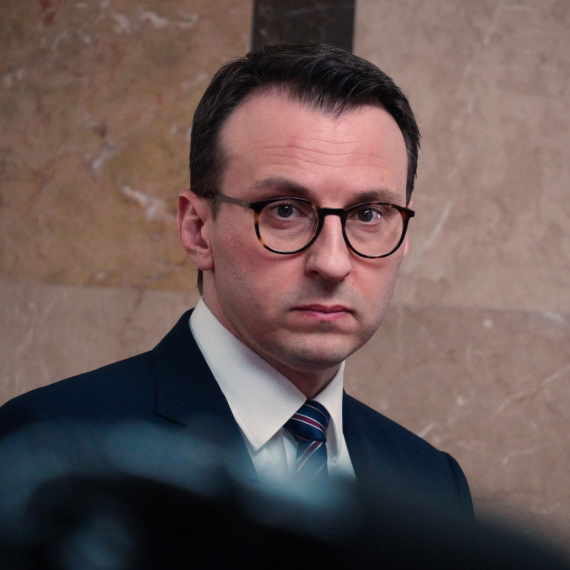
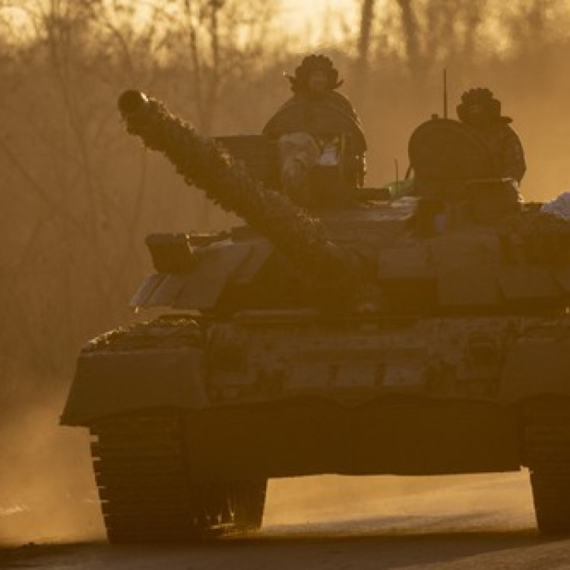


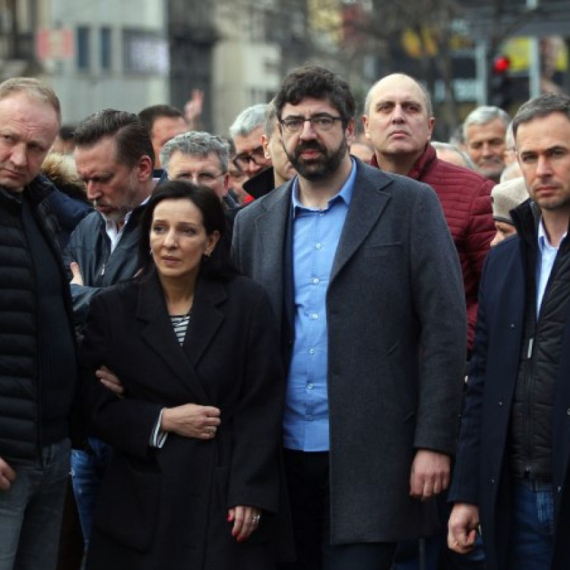

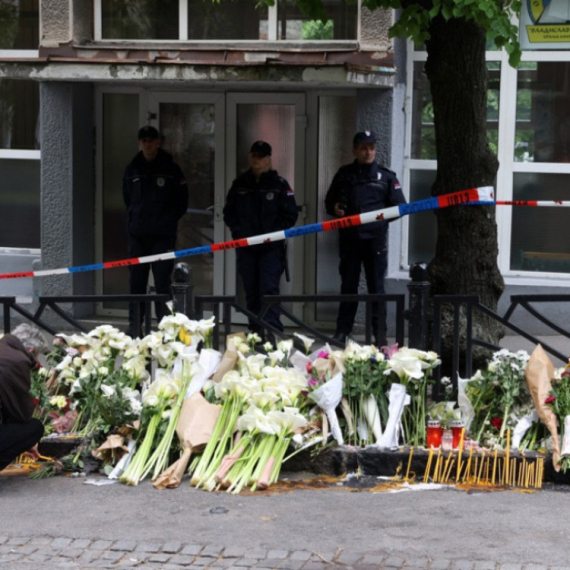

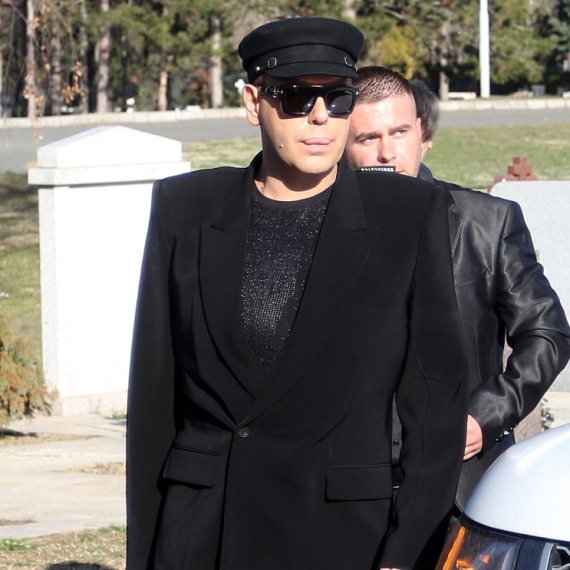

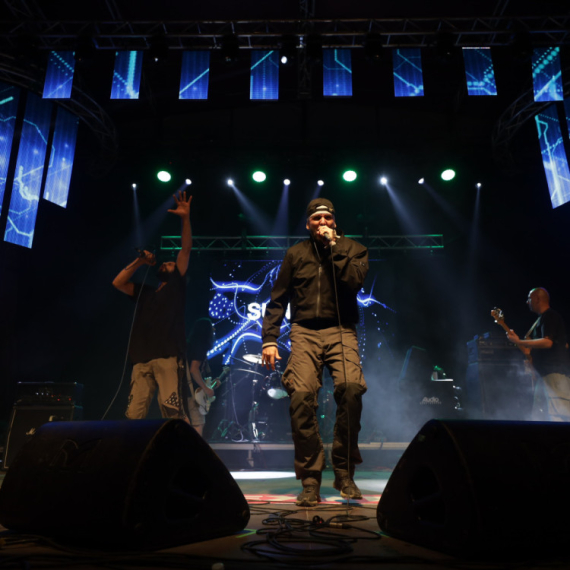






















Komentari 2
Pogledaj komentare